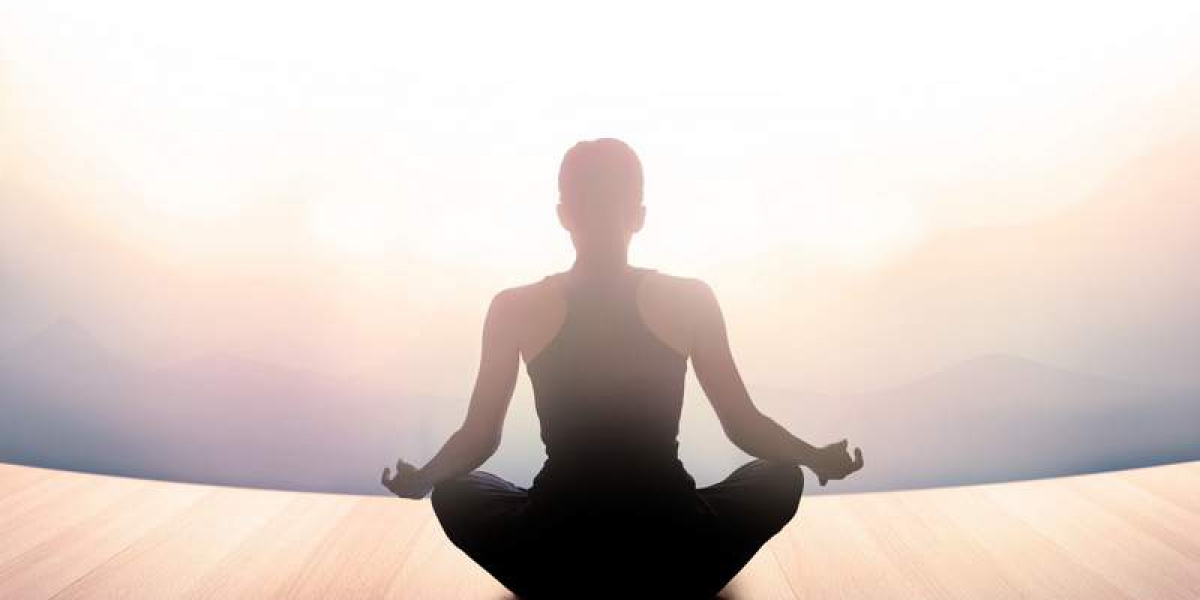In today’s world, mental health issues like anxiety and depression have become increasingly prevalent, affecting millions of people globally. While traditional treatments such as therapy and medication play a critical role in managing these conditions, many individuals are seeking holistic approaches that address both the mind and body. Yoga has emerged as a powerful tool in this respect, offering physical, mental, and emotional benefits. When combined with online counselling and support from an online therapist or online psychologist, yoga offers a comprehensive approach to managing anxiety and depression effectively.
Understanding Anxiety and Depression
Anxiety is characterized by feelings of excessive worry, fear, and nervousness, often accompanied by physical symptoms such as a racing heart, sweating, and shortness of breath. Individuals with anxiety may feel overwhelmed by everyday situations, and these symptoms can interfere with daily life. Depression, on the other hand, involves persistent feelings of sadness, hopelessness, and a lack of interest or pleasure in activities once enjoyed. It can also manifest in physical symptoms like fatigue, changes in appetite, and sleep disturbances.
Both conditions can be debilitating, but when addressed through a holistic approach that combines yoga and online support, individuals have the opportunity to manage their symptoms more effectively.
The Benefits of Yoga for Mental Health
Yoga has been practiced for thousands of years and is renowned for its ability to promote relaxation, mindfulness, and emotional balance. Its physical postures (asanas), breathing techniques (pranayama), and meditation practices make it a comprehensive tool for managing both anxiety and depression.
- Regulating the Nervous System: Yoga helps activate the parasympathetic nervous system, which is responsible for promoting relaxation and reducing the body's stress response. This is especially important for individuals with anxiety, as it helps lower cortisol levels (the stress hormone) and alleviates symptoms of panic and fear.
- Boosting Serotonin and Endorphin Levels: Regular yoga practice increases serotonin production, a neurotransmitter that plays a key role in mood regulation. Low serotonin levels are often linked to depression, and yoga helps boost these levels naturally. Additionally, yoga triggers the release of endorphins, the body’s natural mood elevators, which can counteract feelings of sadness and hopelessness.
- Improving Mindfulness: Yoga encourages mindfulness, the practice of staying present in the moment without judgment. This is particularly beneficial for those with anxiety and depression, as it helps break the cycle of negative thoughts and worries about the past or future. By focusing on the breath and body, individuals can cultivate a sense of inner calm and reduce mental chatter.
- Enhancing Sleep Quality: Sleep disturbances are common in both anxiety and depression. Yoga, particularly restorative practices and yoga nidra (a guided form of relaxation), can improve sleep quality by calming the mind and reducing overthinking.
The Role of Online Support
While yoga provides physical and emotional relief, combining it with professional support from an online therapist or online psychologist can enhance its effectiveness. Online counselling offers a convenient and accessible way for individuals to receive mental health support from the comfort of their own homes. This is particularly beneficial for those who may feel anxious about in-person therapy or who live in remote areas where access to mental health services is limited.
- Accessibility and Flexibility: One of the key advantages of online therapy is its accessibility. Individuals can schedule sessions at times that suit their schedules, making it easier to integrate therapy into their daily lives. This flexibility is especially important for those managing anxiety and depression, as maintaining regular therapy sessions can be a crucial part of the recovery process.
- Personalized Support: An online therapist or online psychologist can provide personalized strategies and coping mechanisms tailored to the individual’s specific needs. Whether it’s cognitive-behavioral techniques for managing anxiety or mindfulness exercises for addressing depression, the support offered through online counselling complements the benefits of yoga.
- Building a Holistic Treatment Plan: A key aspect of online therapy is the ability to work with a mental health professional to create a holistic treatment plan. By combining yoga with online support, individuals can address both the physical and emotional aspects of their mental health. For example, an online psychologist might recommend specific yoga practices that align with therapeutic goals, creating a more integrated approach to managing anxiety and depression.
- Emotional Support and Accountability: Engaging with an online therapist provides a valuable source of emotional support and accountability. Regular check-ins can help individuals stay motivated and committed to their yoga practice and overall mental health journey. This can be particularly beneficial for those experiencing depression, as the support of a therapist can provide the encouragement needed to stay active and engaged.
Combining Yoga and Online Support: A Synergistic Approach
When practiced together, yoga and online counselling create a synergistic approach to mental health care. Yoga helps alleviate the physical symptoms of anxiety and depression, such as muscle tension, fatigue, and restlessness, while online therapy addresses the emotional and cognitive aspects of these conditions.
For example, an individual struggling with anxiety might practice deep breathing exercises and restorative poses in the morning to calm their nervous system, followed by an online counselling session with their therapist to discuss emotional triggers and coping mechanisms. This combination of physical and emotional care creates a more balanced and effective treatment plan.
Conclusion
The integration of yoga and online support offers a powerful and holistic approach to managing anxiety and depression. By addressing both the mind and body, this combination provides individuals with a comprehensive toolkit for improving their mental health and overall well-being. Whether practiced alone or in conjunction with professional guidance from an online therapist or online psychologist, yoga offers a valuable path toward emotional balance, mental clarity, and long-term healing.

![Malegra 100 Mg : Impotance Treatment in men [ED Pill + PDE5 Inhibitor] Get Lowest Price](https://f002.backblazeb2.com/file/yoosocial/upload/photos/2022/07/EwtVYpbrtDYFenD95h8S_08_cd18edb1ab4de956a92f2e07c52aec13_image.jpg)







